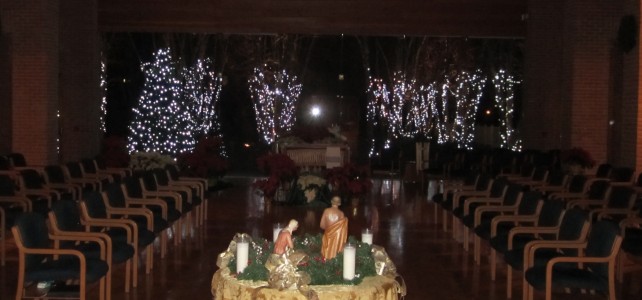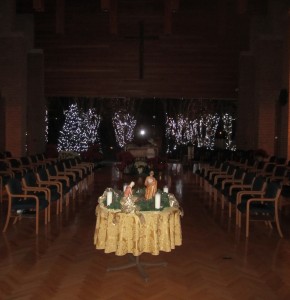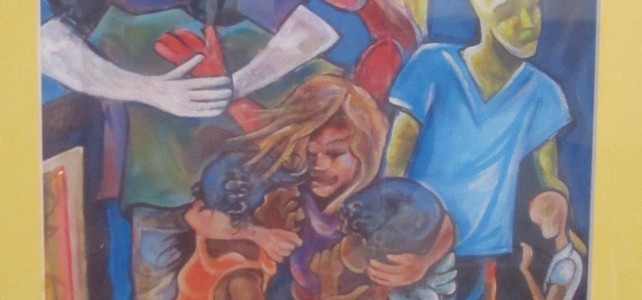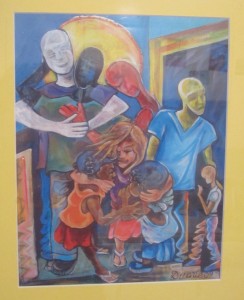
PHOTO: Mary van Balen
I had a marvelous friend who was a great artist, Marvin Triguba. Once, when I marveled at the way he captured light in his paintings, he said, “That’s how I see, and I paint what I see.” He wondered aloud, “doesn’t everyone see light that way?”
No, I would have to say. Not in such a conscious way. Of course, light creates shadows and bright spaces. It gives form and definition to what we see. It entered Marvin’s eyes as it did mine, but what his brain did with that raw material was astounding. Me? Sometimes I recognize the ordinary grace that comes with light.
I thought of Marvin a couple of days ago when I looked into the dining room and was stunned by the beauty of morning light playing across the hardwood floors. Some of the boards seemed all light. Others, darker in hue, glowed. I allowed the beauty of that moment to enter not only my eyes and brain, but also my soul.
This morning, when I turned into the living room from the hall, my eyes were bathed in bright light filtering through half-opened mini-blinds and green leaves in a variety of shapes and shades. I drew a quick breath and moved toward the window, putting myself in a place where the light would bathe me, too. Grace.
Isn’t that prayer? Intentionally putting ourselves into a soul space that is open to receive the Holy pouring into it? Longing for Presence as my plants, and my soul, longed for light this morning?
Artist God, who floods the world in Glory, enter my heart. Flood my soul with light that shows not only bright places there, but also shadow places. Open my inner eye to see the beauty of myself as you have made me. The beauty of creation. I give thanks for the artists, like Marvin, that you have given to the world. Their vision and work remind us of the Grace of light.
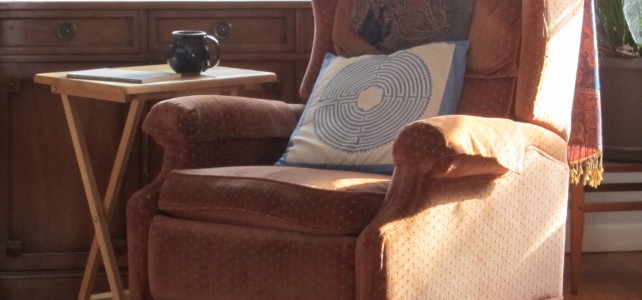
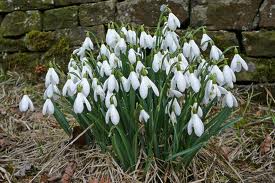
 I saw snowdrops today, spread with abandon across a friend’s yard. Flowers! Spring, rumored to be coming soon, is on the way. After this relentless winter, flowers atop green stems are a welcome sight. Forsythia has not yet bloomed, so, according to my grandmother, we have at least three more snows to go, but I don’t mind. Today’s snowdrops were a seal on the promise of warmer days ahead. “Have a little faith,” they seemed to say. “Remember other years. Spring always comes.”
I saw snowdrops today, spread with abandon across a friend’s yard. Flowers! Spring, rumored to be coming soon, is on the way. After this relentless winter, flowers atop green stems are a welcome sight. Forsythia has not yet bloomed, so, according to my grandmother, we have at least three more snows to go, but I don’t mind. Today’s snowdrops were a seal on the promise of warmer days ahead. “Have a little faith,” they seemed to say. “Remember other years. Spring always comes.”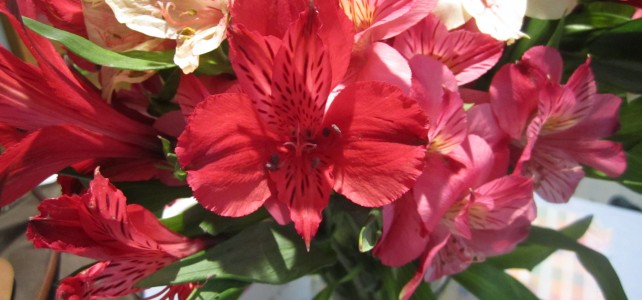
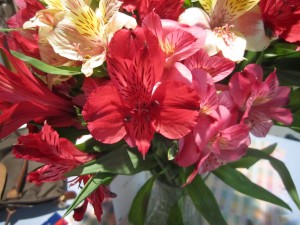 Originally published in The Catholic Times, March 9, 2014 issue
Originally published in The Catholic Times, March 9, 2014 issue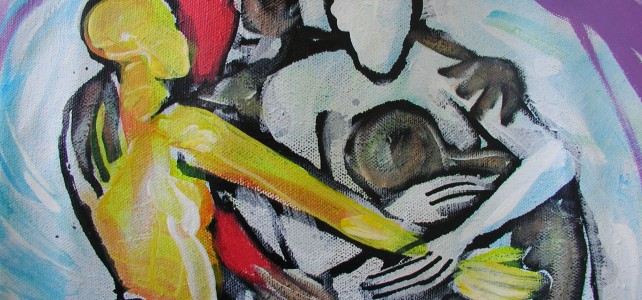
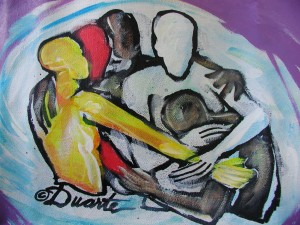
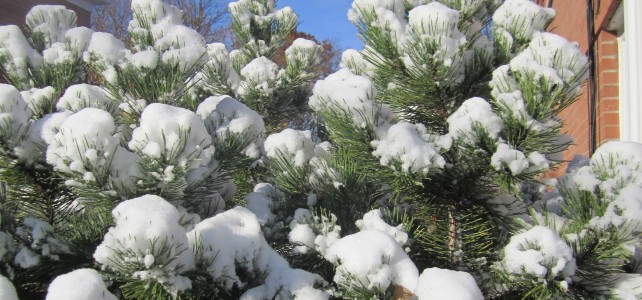
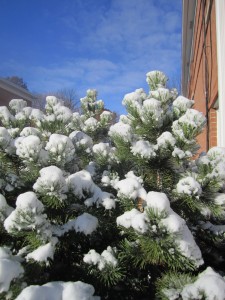




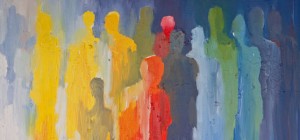 “…but there is one among you whom you do not recognize...” Today’s gospel reading Jn 1, 26b
“…but there is one among you whom you do not recognize...” Today’s gospel reading Jn 1, 26b